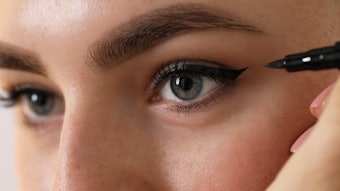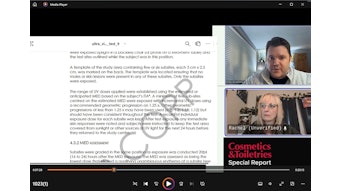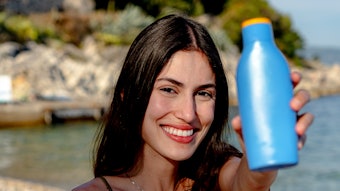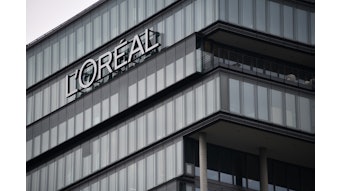The Professional Beauty Association (PBA) has published an advisory to the personal care industry relating to recent media reports questioning the safety of formaldehyde use in Brazilian keratin treatments, known as escova progressiva in Brazil. The PBA alleges that formaldehyde is incorporated in these treatments and that the manufacturers have mislabeled their products, specifically claiming the products are free from formaldehyde.
The PBA notes that experts are concerned with the inhalation of formaldehyde in unsafe quantities, both by salon industry professionals and by consumers. According to the PBA, formaldehyde is commonly used as a preservative in household objects such as glue and particleboard, and that exposure to formaldehyde can be highly irritating, potentially causing severe allergic reactions of the skin, eyes and respiratory tract.
While formaldehyde is a suspected human carcinogen, the Personal Care Product Council's Cosmetic Ingredient Review (CIR) Expert Panel completed an extensive review of formaldehyde in 1984 and listed it as "safe as used" in cosmetics within certain specifications. These specifications include using it in quantities of less than 2%. CIR also advises, "Formaldehyde should not be used in products intended to be aerosolized." OSHA does not have a formaldehyde concentration limitation for cosmetic products; however, it is concerned with the concentration of formaldehyde vapors in the atmosphere emanating from products. The OSHA limit is 0.75 ppm over an 8-hr exposure period.
Brazilian straighteners are applied to the hair and heated with a flat iron, vaporizing the formaldehyde and releasing it into the air. According to the PBA, both stylists and clients can be exposed to levels of formaldehyde greater than 0.75 ppm by inhaling these vapors.










